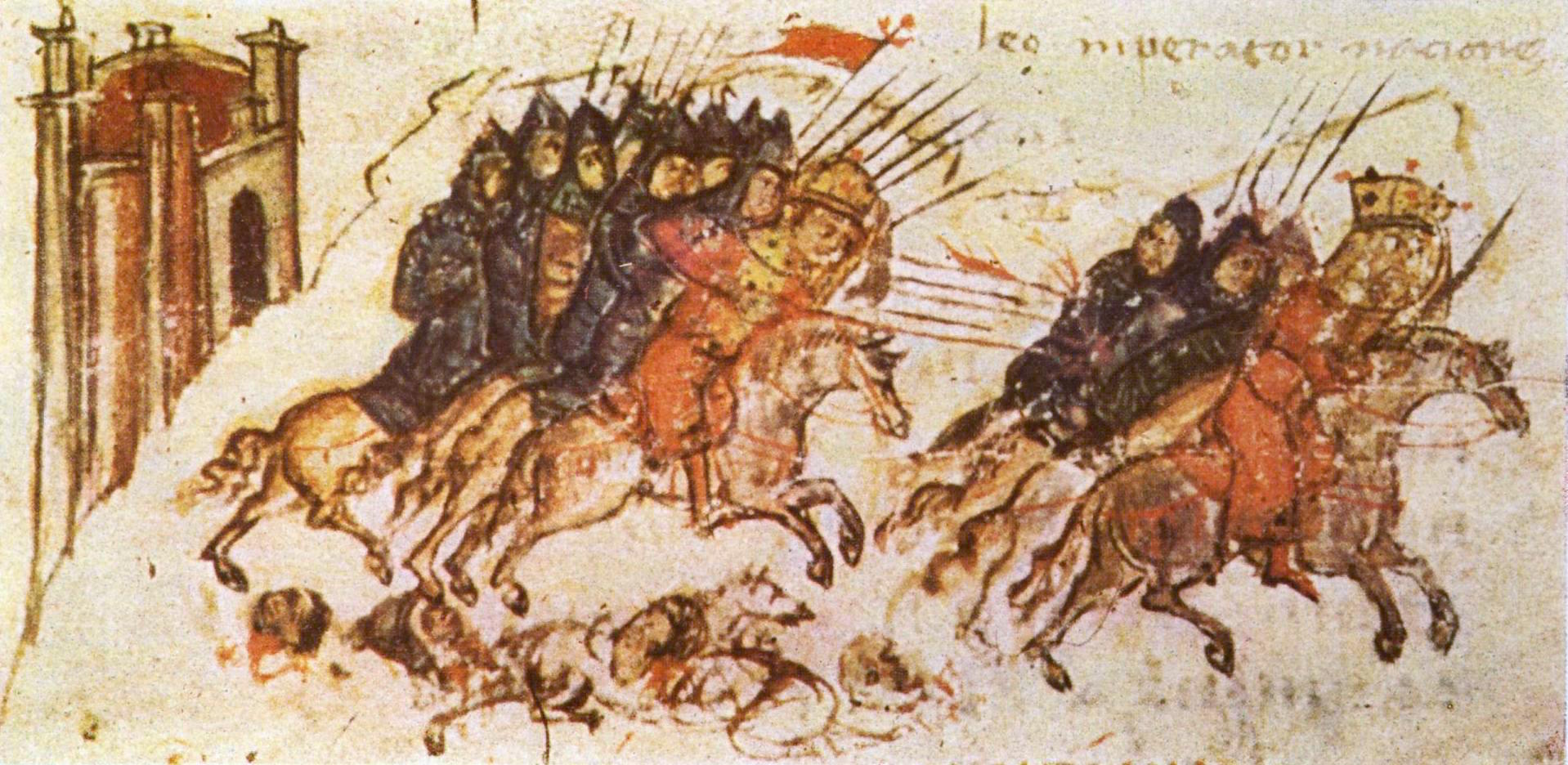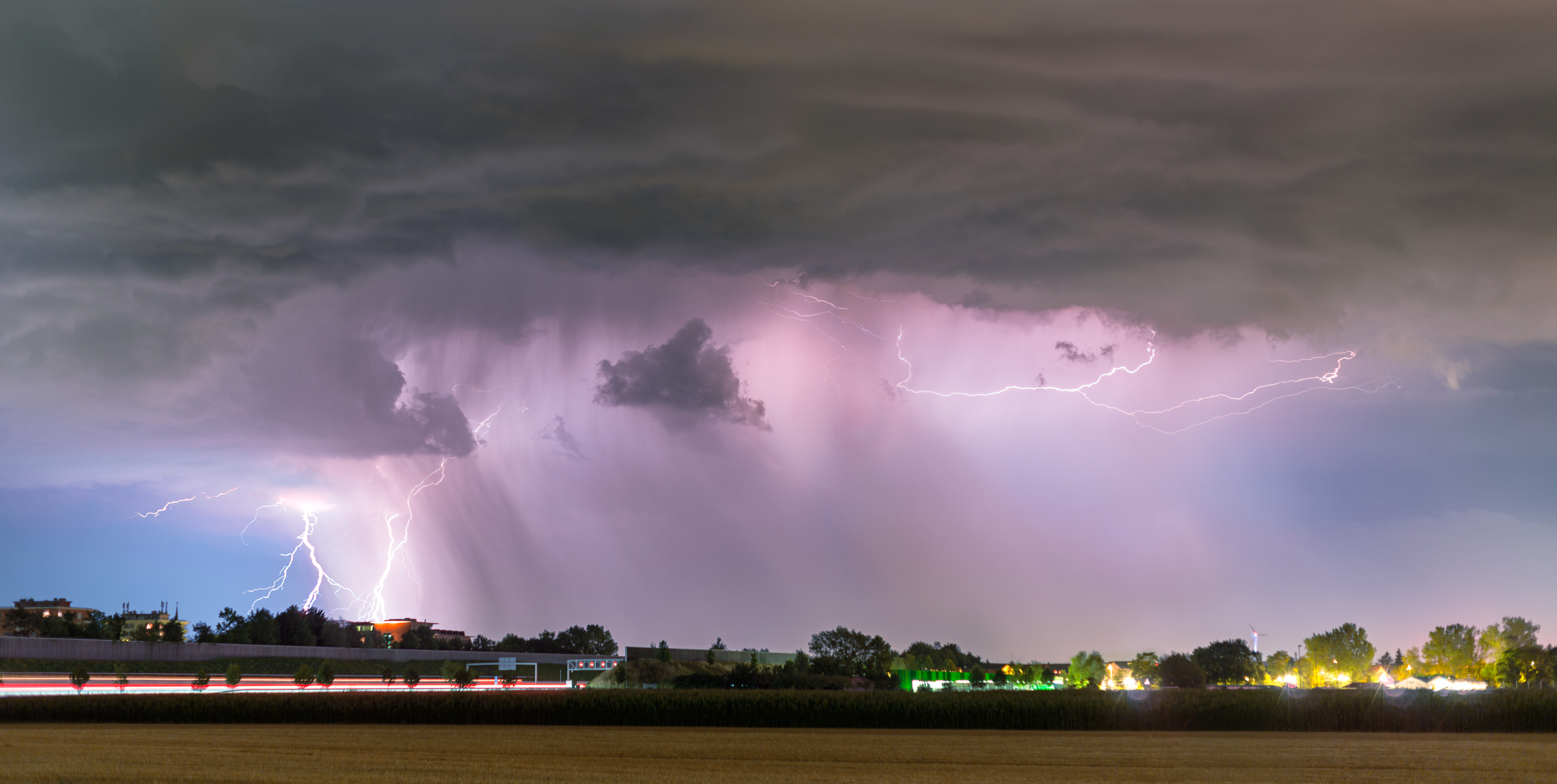|
Kuara
The Bulgar god of thunder and the son of Tangra the Bulgar supreme deity. Kuara (also known as Kvara) was held in particular reverence by the early Danube Bulgars. This Oghur Turkic deity corresponds to Common Turkic Kayra who was believed to be the son of Tengri/Taňry in Turkic shamanism and Tengrism Tengrism (also known as Tengriism, Tengerism, or Tengrianism) is an ethnic and old state Turkic peoples, Turko-Mongolic peoples, Mongolic religion originating in the Eurasian Steppe, Eurasian steppes, based on folk shamanism, animism and general .... References Thunder gods Turkic deities {{Europe-myth-stub ... [...More Info...] [...Related Items...] OR: [Wikipedia] [Google] [Baidu] |
Bulgars
The Bulgars (also Bulghars, Bulgari, Bolgars, Bolghars, Bolgari, Proto-Bulgarians) were Turkic semi-nomadic warrior tribes that flourished in the Pontic–Caspian steppe and the Volga region during the 7th century. They became known as nomadic equestrians in the Volga-Ural region, but some researchers say that their ethnic roots can be traced to Central Asia. During their westward migration across the Eurasian steppe, the Bulgar tribes absorbed other tribal groups and cultural influences in a process of ethnogenesis, including Iranian, Finnic and Hunnic tribes. Modern genetic research on Central Asian Turkic people and ethnic groups related to the Bulgars points to an affiliation with Western Eurasian populations. The Bulgars spoke a Turkic language, i.e. Bulgar language of Oghuric branch. They preserved the military titles, organization and customs of Eurasian steppes, as well as pagan shamanism and belief in the sky deity Tangra. The Bulgars became semi-sedentary durin ... [...More Info...] [...Related Items...] OR: [Wikipedia] [Google] [Baidu] |
Oghur Languages
The Oghuric, Onoguric or Oguric languages (also known as Bulgar, Pre-Proto-Bulgaric or Lir-Turkic and r-Turkic) are a branch of the Turkic language family. The only extant member of the group is the Chuvash language. The first to branch off from the Turkic family, the Oghuric languages show significant divergence from other Turkic languages, which all share a later common ancestor. Languages from this family were spoken in some nomadic tribal confederations, such as those of the Onogurs or Ogurs, Bulgars and Khazars. History The Oghuric languages are a distinct group of the Turkic languages, standing in contrast to Common Turkic. Today they are represented only by Chuvash. The only other language which is conclusively proven to be Oghuric is the long-extinct Bulgar, while Khazar may be a possible relative within the group. There is no consensus among linguists on the relation between Oghuric and Common Turkic and several questions remain unsolved: *Are they parallel branches ... [...More Info...] [...Related Items...] OR: [Wikipedia] [Google] [Baidu] |
Common Turkic Languages
Common Turkic, or Shaz Turkic, is a taxon in some classifications of the Turkic languages that includes all of them except the Oghuric languages. Classification Lars Johanson's proposal contains the following subgroups: * Southwestern Common Turkic (Oghuz) * Northwestern Common Turkic (Kipchak) * Southeastern Common Turkic (Karluk) * Northeastern Common Turkic (Siberian) * Arghu Common Turkic (Khalaj) In that classification scheme, Common Turkic is opposed to Oghur Turkic (Lir-Turkic). The Common Turkic languages are characterized by sound correspondences such as Common Turkic ''š'' versus Oghuric ''l'' and Common Turkic ''z'' versus Oghuric ''r''. In other classification schemes (such as those of Alexander Samoylovich Alexander Nikolaevich Samoylovich (russian: Алекса́ндр Никола́евич Самойло́вич, 1880–1938) was a Russian Orientalist-Turkologist who served as a member of the USSR Academy of Sciences (1929), Rector of the Lening ... an ... [...More Info...] [...Related Items...] OR: [Wikipedia] [Google] [Baidu] |
Kayra
Kayra or Kaira (Old Turkic: 𐰴𐰖𐰺𐰀) is creator god in Turkic mythology. He is the god who planted the tree of life called ''Ulukayın''. He is the supreme god of the Tatars and the Son of the sky deity (Gök Tengri). This son, Kara Han (the black king or ruler of the land – Kara may mean land, earth, black or in a sense strong, powerful), left his father's home in the heaven and went to live in the underworld. On occasion, identified as Kara-Khan (black king), he was the primordial god and his father was the ancordial god called Tengri. Etymology The name of this deity is found in several forms, as is that of his opponent. "Kayra-Khan" may be translated as "merciful king", while the form "Kara Han" signifies "black king". For this reason, authority on Turkic Mythology Deniz Karakurt, considers Kara-Han and Kayra-Han to be two different deities.Türk Söylence Sözlüğü (Turkic Mythology Dictionary), Deniz Karakurt, (OTRS: CC BY-SA 3.0) Furthermore, the Turkish word ' ... [...More Info...] [...Related Items...] OR: [Wikipedia] [Google] [Baidu] |
Tengrism
Tengrism (also known as Tengriism, Tengerism, or Tengrianism) is an ethnic and old state Turkic peoples, Turko-Mongolic peoples, Mongolic religion originating in the Eurasian Steppe, Eurasian steppes, based on folk shamanism, animism and generally centered around the titular sky god Tengri. Tengri was not considered a deity in the usual sense, but a personification of the universe. The purpose of life is, according to the Tengris view, to live in harmony with the universe. It was the prevailing religion of the Turks, Mongols, Bulgars, Xiongnu, Huns and possibly the Hungarians, and the state religion of several medieval states: First Turkic Khaganate, Western Turkic Khaganate, Eastern Turkic Khaganate, Old Great Bulgaria, First Bulgarian Empire, Volga Bulgaria, and Khazaria, Eastern Tourkia (Khazaria), Mongol Empire. In ''Irk Bitig'', a ninth century manuscript on divination, Tengri is mentioned as (God of Turks). According to many academics, Tengrism was a predominantly polyth ... [...More Info...] [...Related Items...] OR: [Wikipedia] [Google] [Baidu] |
Thunder Gods
Polytheistic peoples from many cultures have postulated a thunder god, the personification or source of the forces of thunder and lightning; a lightning god does not have a typical depiction, and will vary based on the culture. In Indo-European cultures, the thunder god is frequently known as the chief or King of the Gods, e.g. Indra in Hinduism, Zeus in Greek mythology, and Perun in ancient Slavic religion. Thunder gods Mediterranean * God in Abrahamic religions * Teshub (Hurrian mythology) * Adad, Bel, Ishkur, Marduk ( Babylonian-Assyrian mythology) * Baʿal, Hadad ( Canaanite and Phoenician mythology) * Set (Egyptian mythology) * Aplu (Hurrian mythology) * Tarḫunna (Hittite mythology) * Tarḫunz (Luwian mythology) *Vahagn (Armenian Mythology) *Zibelthiurdos (Thracian mythology) * Zeus (Greek Mythology) * Jupiter (Roman Mythology) * Northwestern Eurasia * Armazi (god) Georgian Mythology * Afi ( Abkhaz Mythology) * Ambisagrus, Loucetios (Gaulish mythology) * ... [...More Info...] [...Related Items...] OR: [Wikipedia] [Google] [Baidu] |


